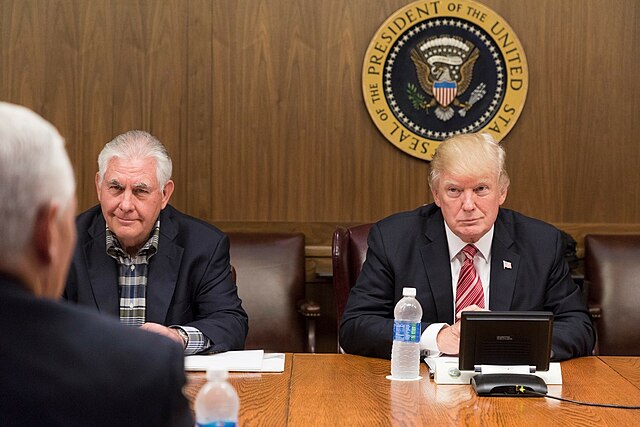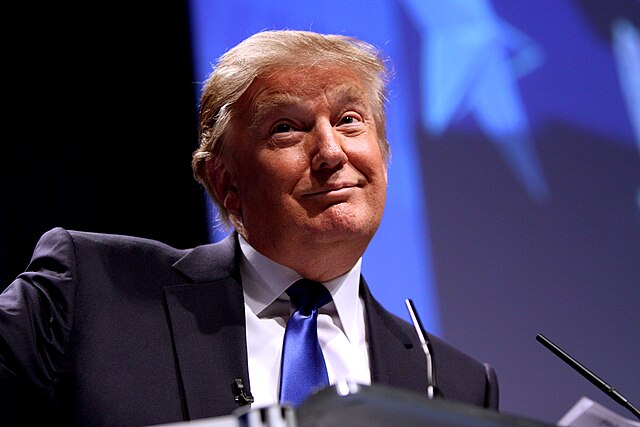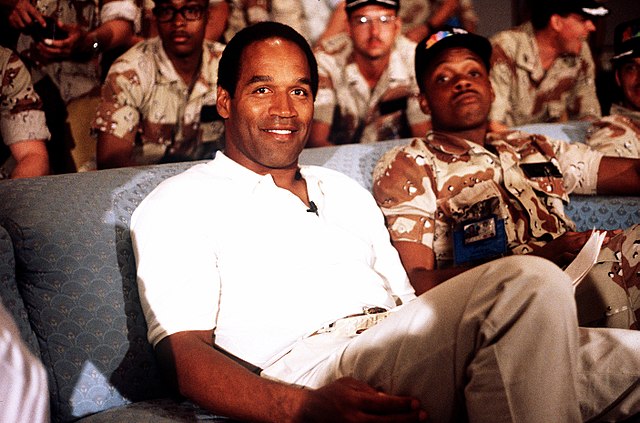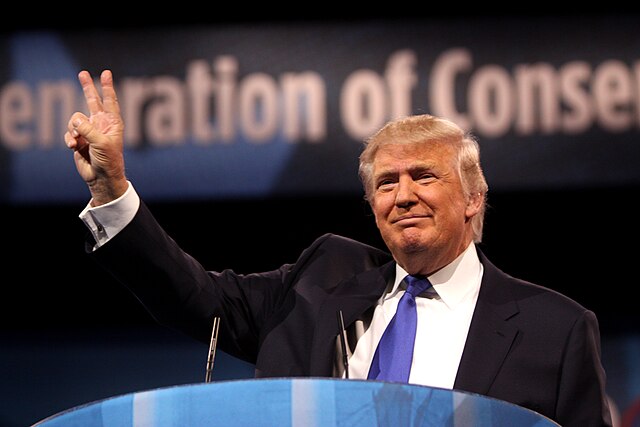Politics
Did Donald Trump Really Fall Asleep In Court? Depends Who You Ask
By CM Chaney · April 17, 2024

Did Donald Trump Really Fall Asleep In Court? Depends Who You Ask
As former President Donald Trump's criminal trial kicked off on Monday in Manhattan, reporters inside the courtroom painted a surprising picture of the defendant's demeanor.The New York Times' Maggie Haberman, a journalist renowned for her Trump reporting, delivered a startling observation, noting that Trump "appeared to nod off a few times," with his mouth "going slack and his head drooping onto his chest."
Haberman's account was corroborated by fellow Times reporter Susanne Craig, who stated on MSNBC, "He looked like he was nodding off and at one point in a pretty true tell that he was falling asleep, his head nodded down and then he sort of jolted back up at one point." Wikimedia/Shaleah Craighead

Trump's Spokesperson Denied The Reports
However, the Trump campaign swiftly denied these reports, with a spokesperson insisting, "This is 100% Fake News coming from 'journalists' who weren't even in the court room."The conflicting narratives highlight the challenges posed by the lack of transparency in the case, as cameras have been barred from the courtroom in accordance with New York state court rules. Wikimedia/Gage Skidmore

There Is No Live Footage From The Trial
The absence of live footage from the trial has created an information vacuum, forcing the public to rely on the accounts of a select group of reporters granted access to the proceedings.This fragmented media environment allows for the proliferation of competing versions of events, with the Trump campaign's denial pitting the former president's word against that of respected journalists like Haberman.
The decision to bar cameras from the courtroom, while in line with long-standing federal and New York state court practices, has drawn criticism from news organizations and advocacy groups who argue for increased transparency, particularly given the historic nature of the Trump trial.
Concerns about turning the proceedings into a public spectacle, similar to the O.J. Simpson trial in the 1990s, have been cited as a reason for maintaining the ban on filming. Wikimedia/Gerald Johnson

The Public Is Left To Piece Together The Facts
As a result, the public is left to piece together an understanding of the trial through the filtered lens of the media they choose to consume.This fragmented landscape is one in which Trump has proven adept at navigating, with his powerful propaganda machine, including outlets like Fox News, ready to push his narrative, regardless of its veracity.
The lack of a shared reality surrounding the unprecedented case underscores the challenges faced by the media and the public in an era of deep political polarization and mistrust. As the trial unfolds, the battle for control of the narrative will likely continue, with the truth remaining elusive for many Americans.
(This content was created with the help of AI, and edited by a human.) Wikimedia/Gage Skidmore